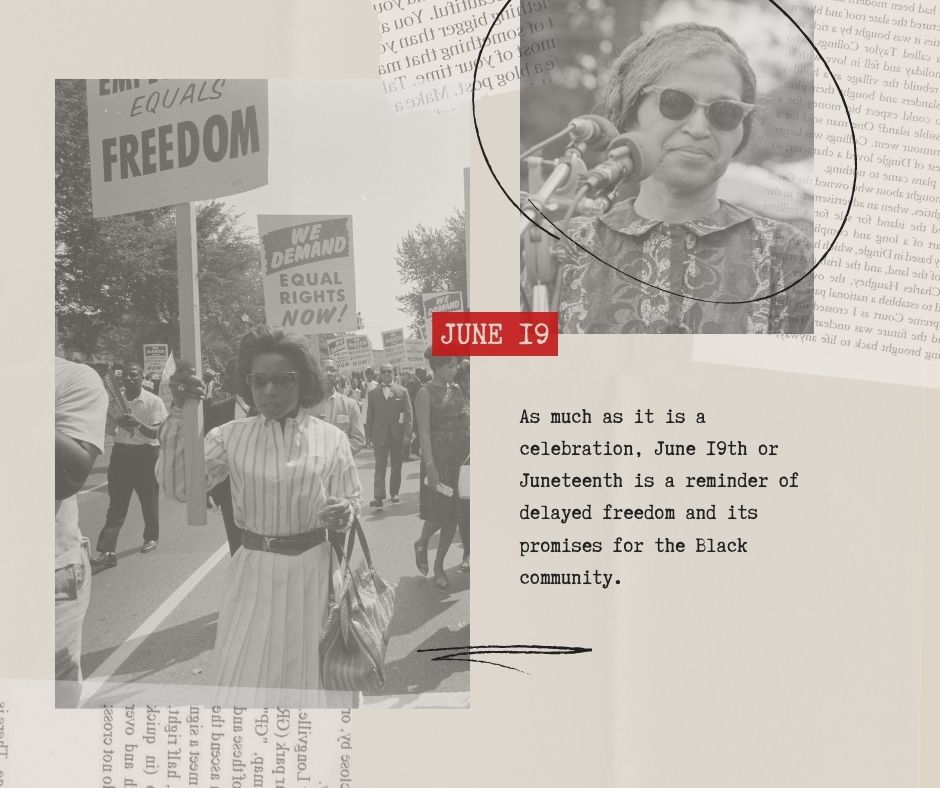Every year, on June 19th, communities across the United States celebrate Juneteenth, also known as Emancipation Day or Freedom Day. Juneteenth commemorates the emancipation of enslaved African Americans and represents a significant milestone in the country’s history. In this blog post, we will explore why Juneteenth is a crucial and meaningful holiday, emphasizing the importance of celebrating this momentous occasion.
Historical Significance
Juneteenth traces its roots back to June 19, 1865, when Union General Gordon Granger arrived in Galveston, Texas, to announce General Order No. 3, proclaiming freedom for the enslaved people in Texas. This proclamation came two and a half years after President Abraham Lincoln issued the Emancipation Proclamation.
The delay in the arrival of this news can be attributed to various factors, including the resistance of slaveholders and the absence of Union troops in Texas during the Civil War. Regardless of the reasons behind the delay, Juneteenth represents the moment when freedom finally reached the last enslaved African Americans in the United States.
A Celebration of Freedom
Juneteenth stands as a symbol of liberation, marking the end of the institution of slavery. It serves as a powerful reminder of the struggles endured by African Americans throughout history and the relentless pursuit of freedom and equality. By celebrating Juneteenth, we honor the resilience and strength of those who fought for their rights and recognize the ongoing quest for justice.

Educational Opportunity
Juneteenth provides an excellent opportunity to educate ourselves and future generations about the history and legacy of slavery in the United States. By understanding the hardships faced by enslaved people and the significance of their emancipation, we can gain a deeper appreciation for the progress made and the work that still lies ahead. Celebrating Juneteenth helps foster a more inclusive and comprehensive understanding of American history.
Cultural Enrichment and Unity
Juneteenth celebrations often include various activities, such as parades, music performances, picnics, historical reenactments, and community gatherings. These events create spaces for individuals from diverse backgrounds to come together and celebrate the rich African American culture and heritage. Juneteenth encourages unity, understanding, and solidarity among communities, promoting a more inclusive and harmonious society.
Recognition and Respect
By observing Juneteenth as a national holiday, we acknowledge the importance of recognizing historical events that have shaped our nation. Elevating Juneteenth’s status serves as a step towards acknowledging the injustices of the past and the need to actively work towards a more equitable future. It demonstrates our commitment to understanding and respecting the experiences of all individuals within our society.
Juneteenth holds immense significance as a celebration of freedom, education, cultural enrichment, and unity. By commemorating this historic event, we not only honor the struggles and triumphs of African Americans throughout history but also work towards building a society that values equality, justice, and inclusivity. As we mark this important day, let us take the time to reflect on our shared history, embrace diversity, and actively contribute to the ongoing pursuit of freedom and equality for all.


